Laws About Homeschooling You Should Know
Planning to homeschool your kids next year? Make sure you're familiar with the most recent laws about homeschooling in the United States.

Homeschooling has been a mainstay in American education since the colonial period. Back then, home school was really the only school for children, as public schooling institutions were few and far between. Today, of course, the American education system is lightyears ahead of where it was hundreds of years ago, but homeschooling parents have held on to a small, but reliable, percentage of students in the United States.
All parents have different reasons for why they might want to homeschool their children. If you and your spouse frequently relocate, homeschooling your child allows for more consistency than changing schools every year. Homeschooling is also common for children who work as actors or in other unique fields, as a homeschool curriculum tailored to their needs allows them to develop their career without compromising their studies. Whatever your reasons for homeschooling your children, it's your job as a parent and teach to familiarize yourself with every national and state law on the subject. While every state is slightly different in its regulations, a number of basic laws about homeschooling are applicable across the board.
Private Schools
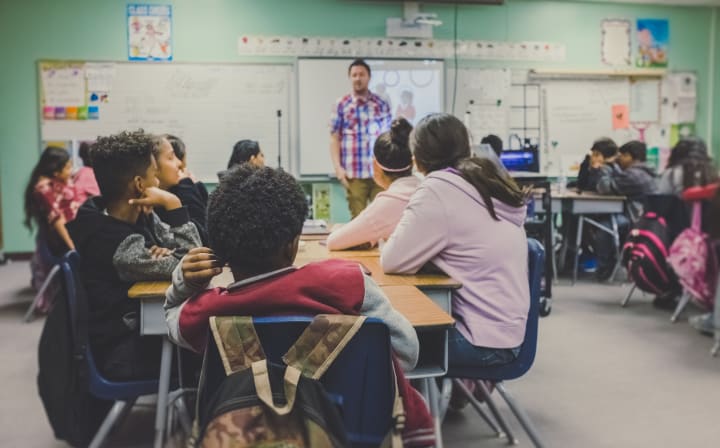
As I've mentioned, every state has slightly different laws about homeschooling. The first thing you need to know is how your state treats homeschooled students. In many states, homeschool is treated in the same category as private school, which can be detrimental or beneficial depending on your goals for homeschooling. In these states—Indiana, Illinois, Kansas, Kentucky, Nebraska, and Texas—homeschools are treated essentially as very small private institutions, and must adhere to the same regulations as private schools. This can affect everything from reporting test scores to limited hours of instruction and required subjects.
Private Tutors

In some states, private school law doesn't necessarily apply to homeschools, but there are instead laws specifically regarding "private tutors." Rather than regulate the institution, private tutor statutes affect the teachers themselves. Generally, these laws make it so that only certified teachers can be private tutors. By extension, this means that parents who homeschool must hire a certified teacher or be certified teachers themselves in order to homeschool their children. When considering homeschooling your children, ask yourself, "Can tutoring services help you?" If the answer is no and you are in a state where you are unable to personally teach your children, it may serve you to reconsider your options.
Umbrella Schools

Photo by Feliphe Schiarolli on Unsplash
Another manner in which homeschools may be regulated is as an umbrella school. "Umbrella school" is actually a relatively broad term encompassing just about any form of independent educational facility, but it is usually used to refer to institutions that provide some form of alternative education, especially faith-based and religious instruction. Around 15 states allow homeschooling parents to register as an umbrella school as an alternative to some of the other registration options available.
Parent's Educational Background

Photo by Sharon McCutcheon on Unsplash
It may surprise you to learn that only 11 states—Georgia, New Mexico, North Carolina, North Dakota, Ohio, Pennsylvania, South Carolina, Tennessee, Virginia, Washington, and West Virginia—have educational requirements in place for parents who homeschool their children. With few exceptions, anyone planning to homeschool in these states must have at least a high school degree or a GED. In Washington, college credits are also required, but these requirements can be waived through various exemptions. In the other 39 states, any parent can theoretically homeschool their children regardless of their own educational background.
Participating in Sports
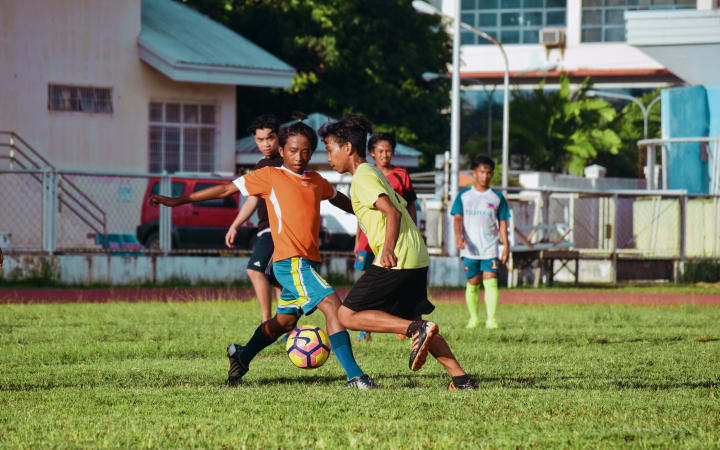
Photo by Virgil Cayasa on Unsplash
When parents consider whether homeschooling is a good fit for their family, one of the first issues they encounter is how their children will participate in extracurricular activities normally organized through a middle or high school. The most notable among these is participation in interscholastic sports. Like most laws about homeschooling, this varies from state to state. Homeschooled children in 20 states can participate in interscholastic sports, while another 20 explicitly bar them. The remaining 10 states allow homeschooled students to participate in sports under various conditions, such as approval by the local school district or part-time enrollment in public school.
Required Subjects
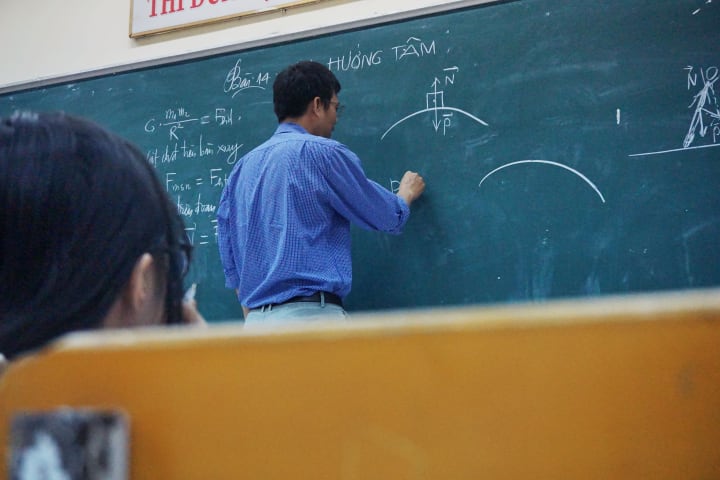
Photo by Tra Nguyen on Unsplash
States vary widely in their treatment of curricula for homeschooled students. Unfortunately, many states actually don't have strict laws in place governing what materials have to be covered. While many (if not most) homeschooled children are prescribed roughly the same curriculum as their local public schools, as many as 10 states don't have any mandated required subjects. Of those 10, six states (Alaska, Arkansas, Delaware, Mississippi, Utah, and Virginia) don't even require parents to provide their children a minimum amount of days or hours of instruction.
Assessments

Photo by Ben Mullins on Unsplash
Just as with required subjects, there are surprisingly few legal mandates governing standardized assessments for homeschooled students. There are 36 states that have ostensible assessment requirements in place for homeschooled children, but most of the states requiring assessments don't actually have measures in place to hold homeschooling parents accountable for these assessments. As a matter of fact, only eight states require homeschools to report their student progress assessments.
Students with Disabilities
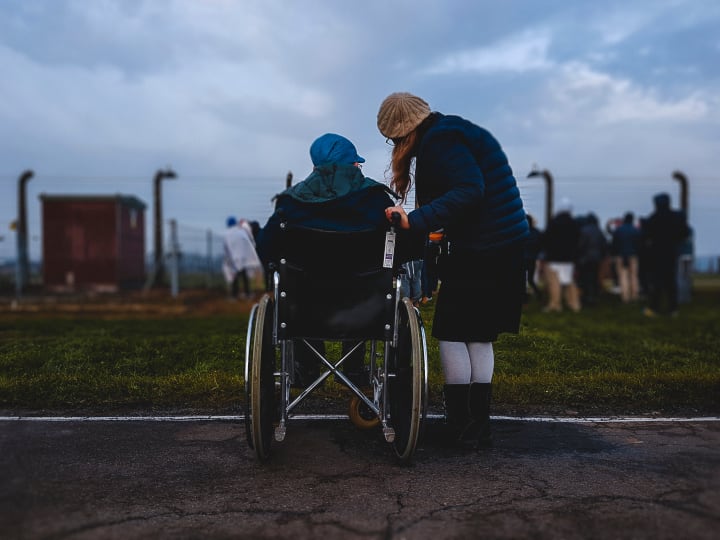
Photo by Josh Appel on Unsplash
Since 2004, the Individuals with Disabilities Education Act (IDEA) has ensured that students with disabilities receive free educational services (paid for by tax dollars). Generally speaking, parents who chose to homeschool their children waive this right. However, there are a few benefits, services, and reasons to homeschool that may be available to these students depending on their location and background. For example, some federal IDEA funding is reserved for private schools. This funding may be accessible to homeschools in states where homeschools are treated as private schools. Ultimately, however, exactly what services are available can vary by state and even by county or school district.
Notifying the State
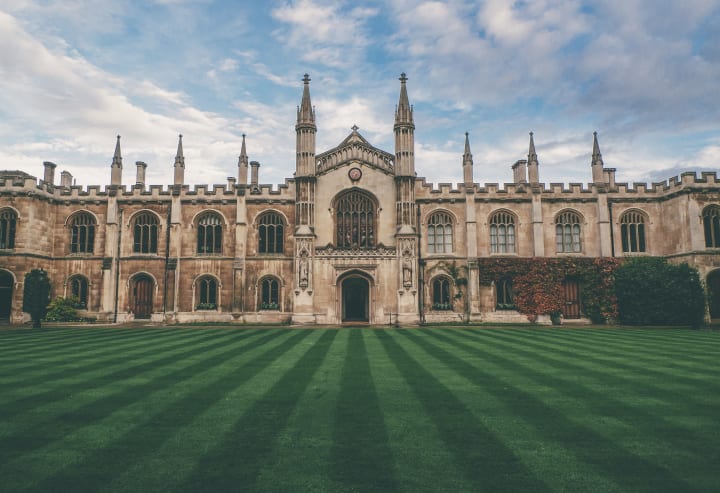
Photo by Vadim Sherbakov on Unsplash
While homeschooling is legal in all 50 states, every state monitors and regulates homeschooling parents in their own way. In most states, there is at least one basic form that requires parents to officially notify the state government that their child will be homeschooled. In 29 states, including New York, Colorado, and California, this notice must be renewed and refiled every year. Another 10 states, including Maine, Kansas, and Oregon, only require a one-time notification that does not have to be renewed. The final 11 states, including Michigan, Iowa, and Oklahoma, don't require any forms to officially notify the state when you begin homeschooling. Considering how to become a homeschool parent will be a waste of time if you don't notify the state you're living in that that is your intention.
Record Keeping

Photo by Alfons Morales on Unsplash
Another area where laws about homeschooling fall short is in record keeping. Only a handful of states require parents to keep permanent records or test scores on file for their homeschooled children. Even fewer require parents to submit proof of immunization. South Dakota requires homeschooling parents to keep their students' test scores on file at a local school, but most states don't offer any means of recording and preserving the academic records of students who are homeschooled.
About the Creator
Joseph D. N. Kendrick
Writer of words. Haver of cats. joeykendrick.com






Comments
There are no comments for this story
Be the first to respond and start the conversation.